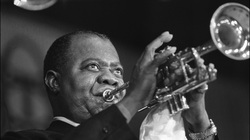
First visit this site and complete the History's Mystery activity.
Then use the following biographies to complete the worksheet.
Langston Huges (short video)
Babe Ruth (short video)
Louis Armstrong (short video)
Henry Ford (short video)
Charles Lindbergh
Use this worksheet to tell what you've learned about each of these important Americans.
Then use the following biographies to complete the worksheet.
Langston Huges (short video)
Babe Ruth (short video)
Louis Armstrong (short video)
Henry Ford (short video)
Charles Lindbergh
Use this worksheet to tell what you've learned about each of these important Americans.
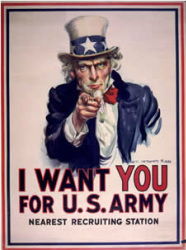
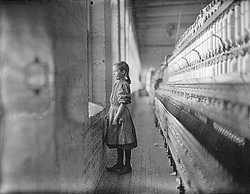
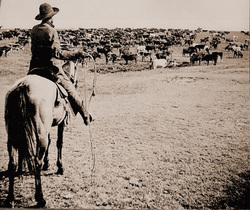

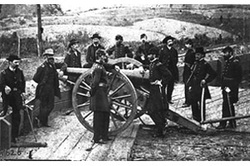
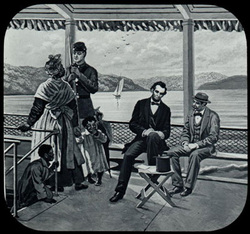
 RSS Feed
RSS Feed